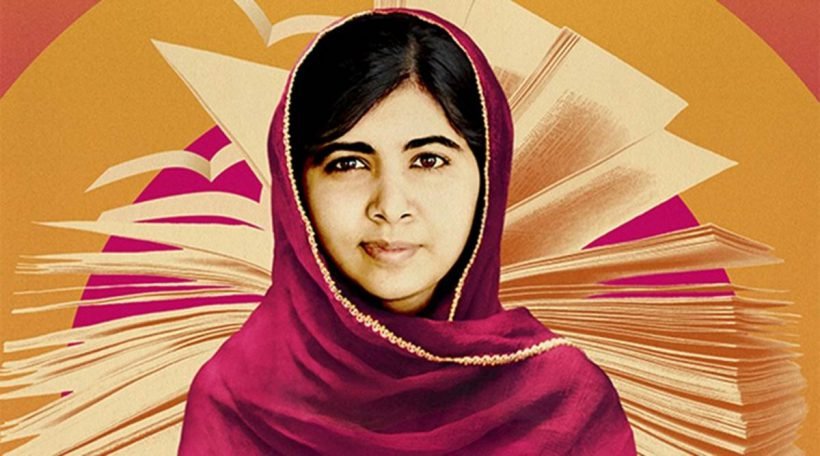Malala Yousafzai: The Girl Who Lived
On July 12th, we celebrate the day sparked by a girl who does not accept tradition as a viable answer to injustice. Instead, she stands up and raises the voice of all girls to fight for access to education. She is a remarkable human rights activist and an inspiration not just to girls, but to the world.
We celebrate World Malala Day because on July 12th, 2013, Malala delivered a powerful speech to the United Nations (UN) on the need for gender equality in education. July 12th is also Malala's birthday.
Malala's Story
Malala was born in Mingora, Pakistan on July 12, 1997, to Toor Pekai Yousafzai and Ziauddin Yousafzai. In Pakistan, gender preference is often given to boys. Many girls experience gendered disadvantages such as less access to scarce resources, poorer health care, limited education, less employment outside of the home, and circumscribed autonomy.
“Welcoming a baby girl is not always cause for celebration in Pakistan — but my father, Ziauddin Yousafzai, was determined to give me every opportunity a boy would have.”
– Malala Yousafzai
As a teacher, Malala’s father not only wanted to provide his daughter with an education but all of the girls in their town in Swat Valley, Pakistan. He ran a girls’ school in the village and instilled each student with as much knowledge and confidence as possible.
Outside of school hours, Malala and her classmates would read together and, on special occasions, decorate each other’s hands with henna. In rue style, instead of adorning their hands with the traditional flower patterns, they would draw mathematical equations.
The Day Everything Changed
On October 25, 2007, things changed as they had been changing in other villages, too. The Taliban took control of the town and banned just about everything. Owning a television or playing music would bring about harsh, inhumane punishments. They also said that girls could no longer go to school and would suffer the same fate. By this time, the extremists had destroyed over 400 schools in the surrounding areas.
“Education went from being a right to being a crime”
– Malala Yousafzai
A few months after the Taliban arrived, Malala and her family moved back to Mingora. At the time, Malala was just 11 years old and had no clue as to whether or not she would see any of her friends again. Knowing that she had the option to stay silent or speak out, Malala did the latter and became an activist for girls’ right to education. In doing this, she knew that she had essentially signed her death warrant.
On October 9th, 2012, a masked gunman boarded a school bus in Mingora, Pakistan, and demanded to know which girl was Malala Yousafzai. As the terrified schoolgirls unintentionally turned to look at her, the gunman raised his weapon and shot Malala. Two others, Kainat Riaz and Shazia Ramzan, were also shot. The bus driver heard the gunshots and accelerated in order to try to shake the extremist. By this time, Malala had been shot in the neck and head. She was rushed to hospital, and the world watched on as she fought for her life.
"I woke up 10 days later, in a hospital in Birmingham, England. The doctors and nurses told me of the attack–and that people around the world were praying for my recovery."
– Malala Yousafzai
The other two girls did not sustain fatal injuries but were still not safe. After British officials fully realized that the girls were also in further danger, they were offered an education at a prestigious school in England, The Atlantic College.
Giving Girls Across the Globe a Voice
Since recovering, Malala continuously raises her voice to give others a voice. Together with her sisters across the globe, she fights for the right every girl has to an education.
In 2014, Malala and her father set up the Malala Fund. The fund focuses on ensuring that all girls receive 12 years of free, safe, quality education. Due to her efforts, at age 17, she became the youngest person to ever receive a Nobel Peace Prize. She then went on to study Philosophy, Politics, and Economics at the University of Oxford. Malala finished her studies on July 19th, 2020.
“I raise up my voice, not so I can shout but so that those without a voice can be heard...we cannot succeed when half of us are held back.”
– Malala Yousafzai
More than 130 million girls remain out of school today. Malala and her family are continuing the fight to chip away at this number until it reaches zero. Click here if you would like to donate to the Malala Fund.

